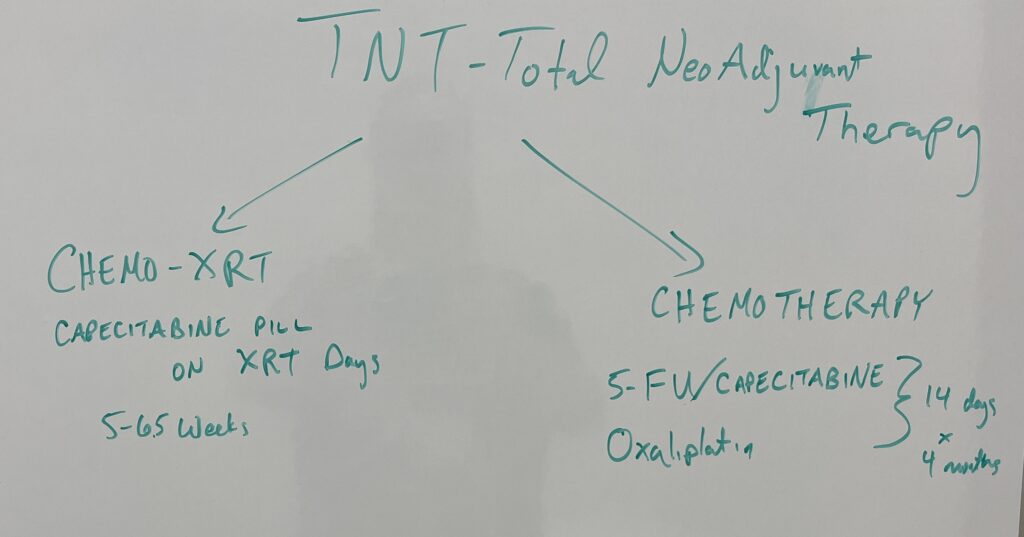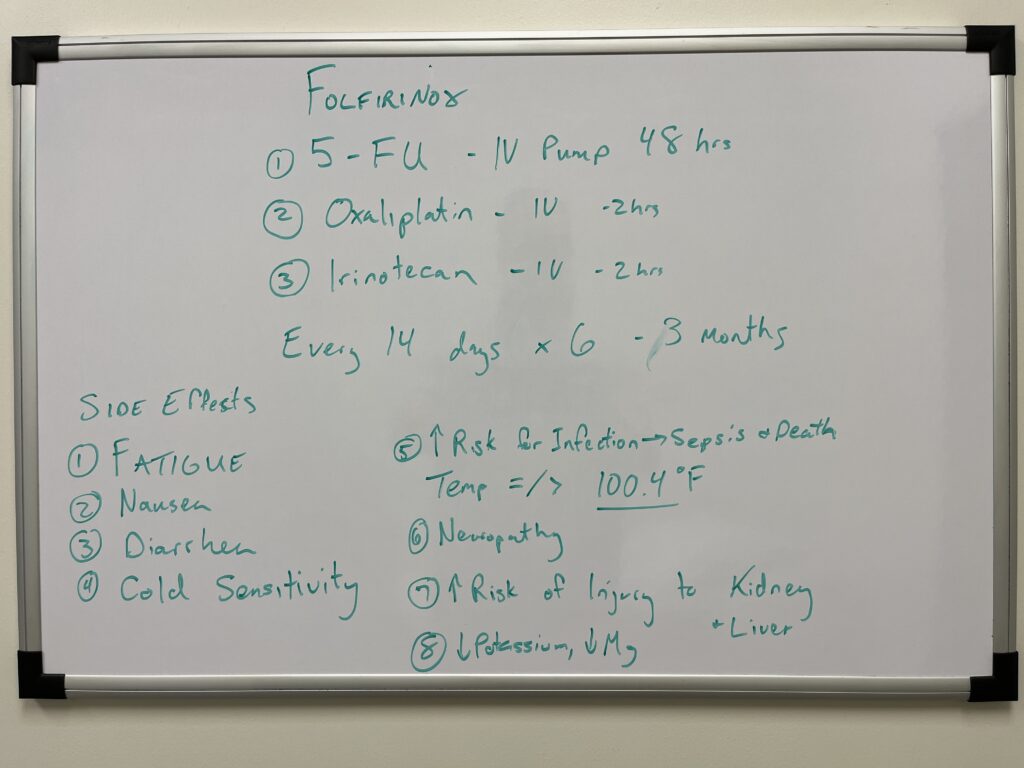As those who know me are aware, last September, I changed employment. For many years now, I’ve been on high-deductible health insurance plans through my employers. With this change of employers, I decided to switch from a high-deductible plan to a low-deductible plan. As a result of this health insurance change, I finally agreed to follow the (frequent) suggestions from my wife and actually start seeing a doctor for my various health issues. For the prior few years, I had been attempting (with varying levels of success) to control my health through diet and exercise, without medication. For reference, the conditions I have are asthma, sleep apnea, type 2 diabetes, high blood pressure, and high cholesterol. And yes, most of these are related to my weight and fitness level (aside from the asthma that I’ve had since I was a young child).
After getting me back on some needed medications, and due to my current age (51), my new doctor suggested I should get screened for colon cancer. I had no symptoms, but agreed to go through the process anyway. I first went the Cologuard route, which returned a positive result. Given the disclaimers they provide, a positive result does not always mean anything is wrong, but it does mean that a colonoscopy is the recommended next step.
Since I wasn’t in a particular rush (again, no symptoms other than the Cologuard test result), I ended up getting the colonoscopy scheduled for the end of January, 2024. For the record, the prep really is much worse than the actual procedure. Dave Barry did a great write up of this, if you want a good read. As expected, I don’t remember anything after the anesthesiologist told me he was starting the meds, until I woke up in the recovery room. The doctor was either already there, or arrived shortly after I awoke. The first thing he said to me was “I’m sorry”, which, for the record, is not how you want this scenario to play out. He then went on to explain to me that I did, in fact, have cancer. He told me that he was going to refer me to the best surgeon he knew, and proceeded to tell me a few more details of his discovery that I really didn’t retain at the time. He did provide me with the paperwork (including color pictures!), so I could catch up on it later.
A few weeks later, after meetings with the surgeon and some additional scans, I learned that I had stage 3 rectal cancer, and that there were two treatment approaches available to me. The first approach was that I could go directly to surgery to have the cancer removed. The primary down-side to this approach is that if any cancer remained behind, I would then need to have chemo/radiation to kill it. And, since the area would be freshly repaired, it is possible that the post-surgery treatment could cause some negative impacts to the surgical site. The second approach was that I could have chemo/radiation treatment first, then have surgery to remove whatever cancer remained after that treatment. This approach would have a better chance of getting rid of all of the cancer, and was what the surgeon would recommend to a close friend or family member. I decided to go forward with the second approach.
I next met with an oncologist who told me that the recommended approach is what is known as TNT. This sounded like a good name for what I wanted them to do to the cancer, so I agreed that it was a good approach to use on me. He even drew me a nice diagram of the proposed approach:

I was then sent for another scan or two (I forget the exact order, but ended up getting CT, MRI, and PET in total). I met with the radiation oncologist, who then guided me through the 6 or so weeks of radiation treatments (28 sessions in total). Aside from the literal pain in the ass that the treatment generated, the next most annoying thing is that they don’t immediately know how effective the treatment is. I have had one CT since completing the radiation therapy, but have additional time and tests to get before I know for sure how effective it was. I am now in the waiting period between chemo/radiation and regular chemo. I had my port installed last week (and it’s mostly healed up), and I start chemo in another week and a half.
The oncologist and I have agreed to use a stronger chemotherapy treatment plan than we had originally discussed, as it has a better success rate, assuming my body will tolerate it. It also reduces the treatment from 4 months to 3 months. He did mention that if I am unable to tolerate the stronger treatment, they can downgrade it to the previously planned approach (2 chemo meds versus 3, for a longer time period). Again, he provided a nice diagram of the approach:

I really don’t want anyone to ever have to go through this process, but I am really grateful for the support I’ve received from my friends, family, and employer. It has truly made it tolerable.